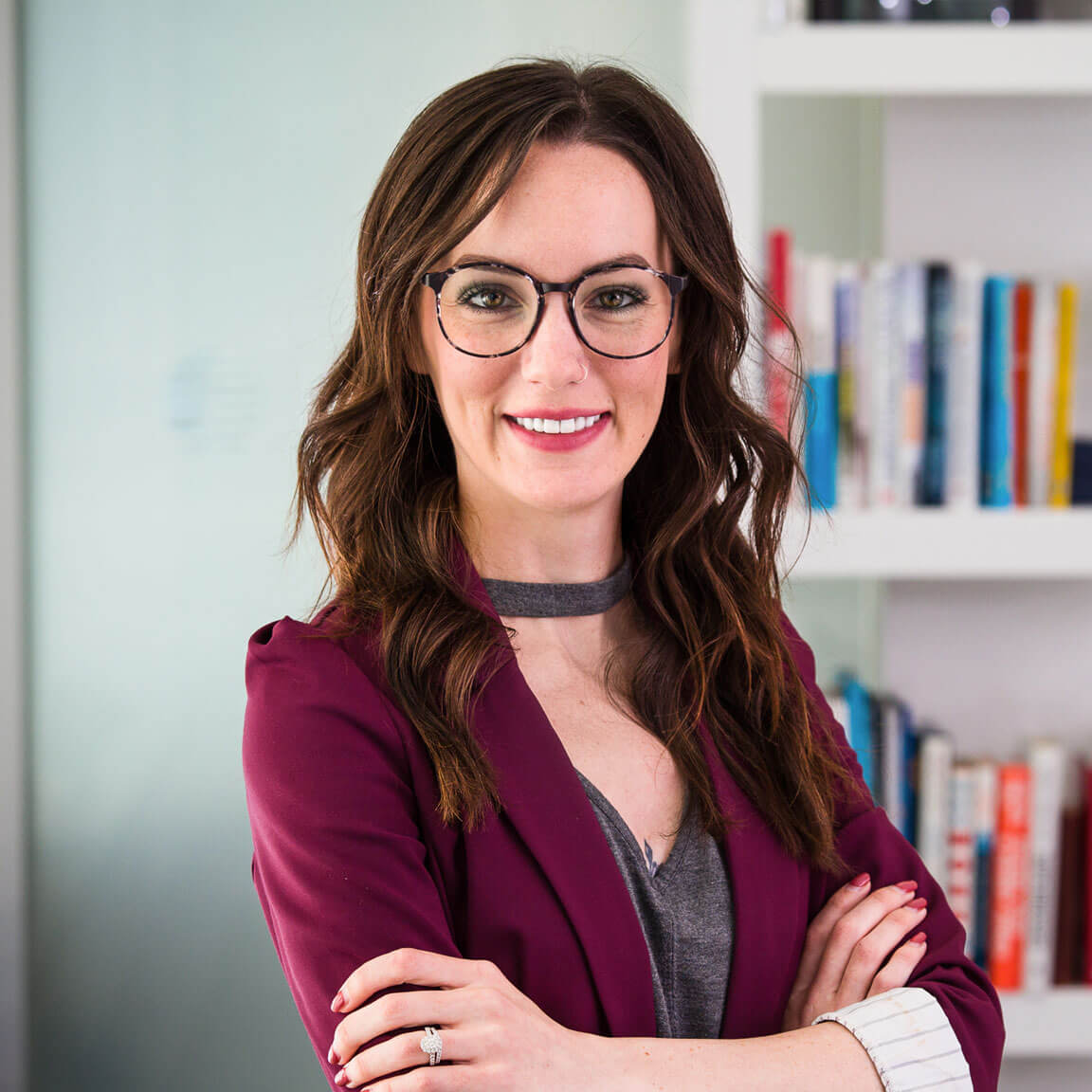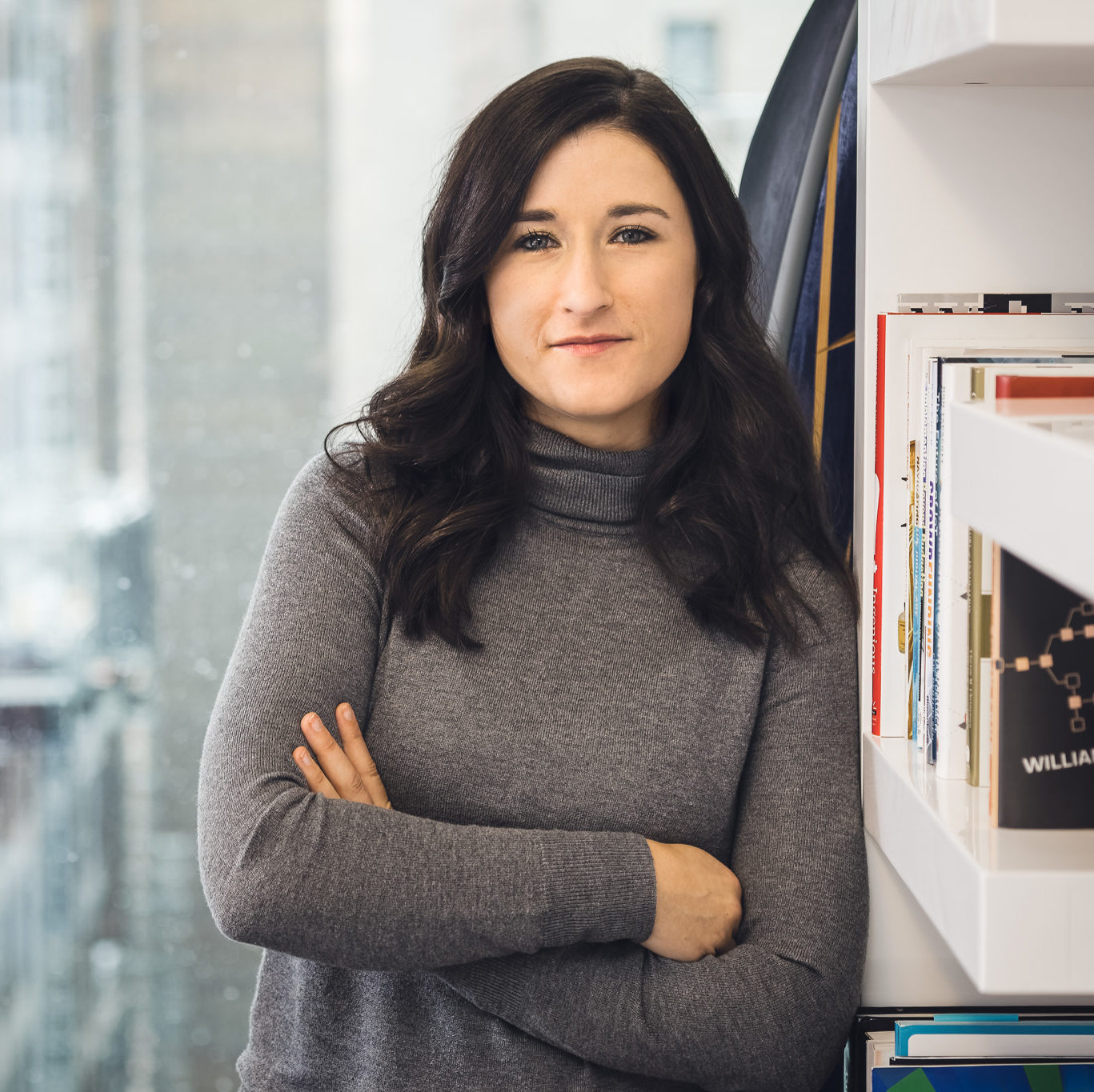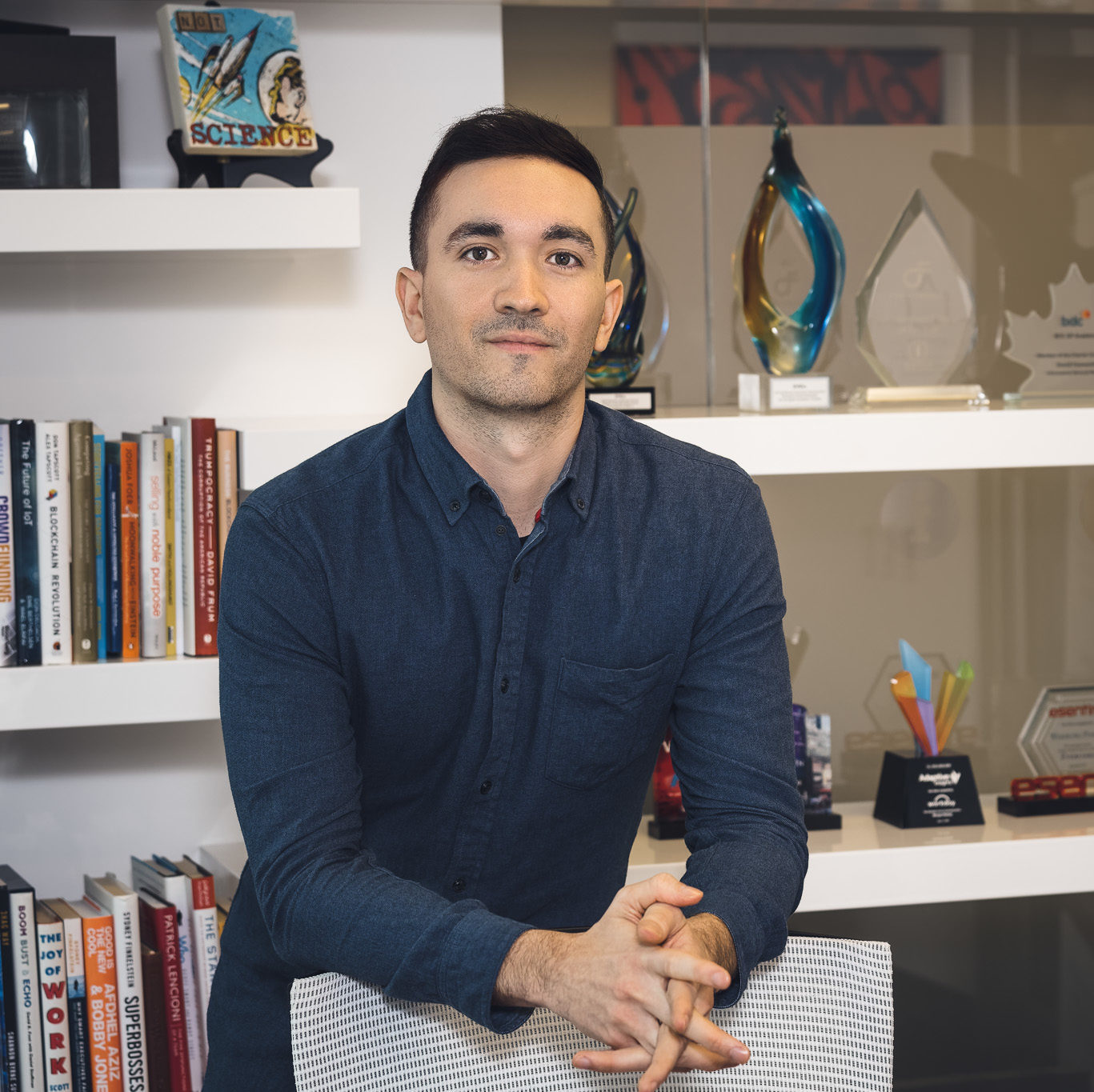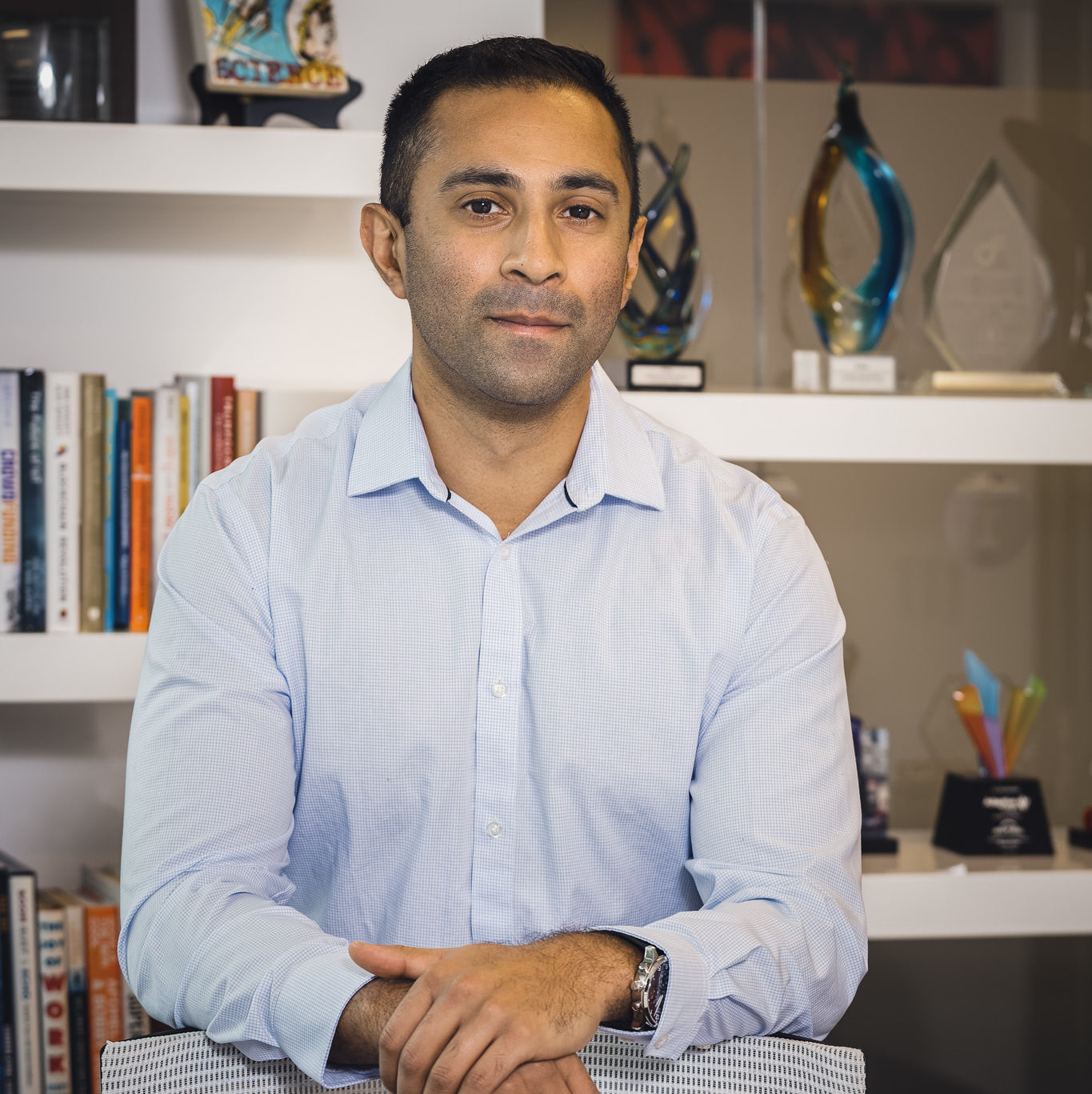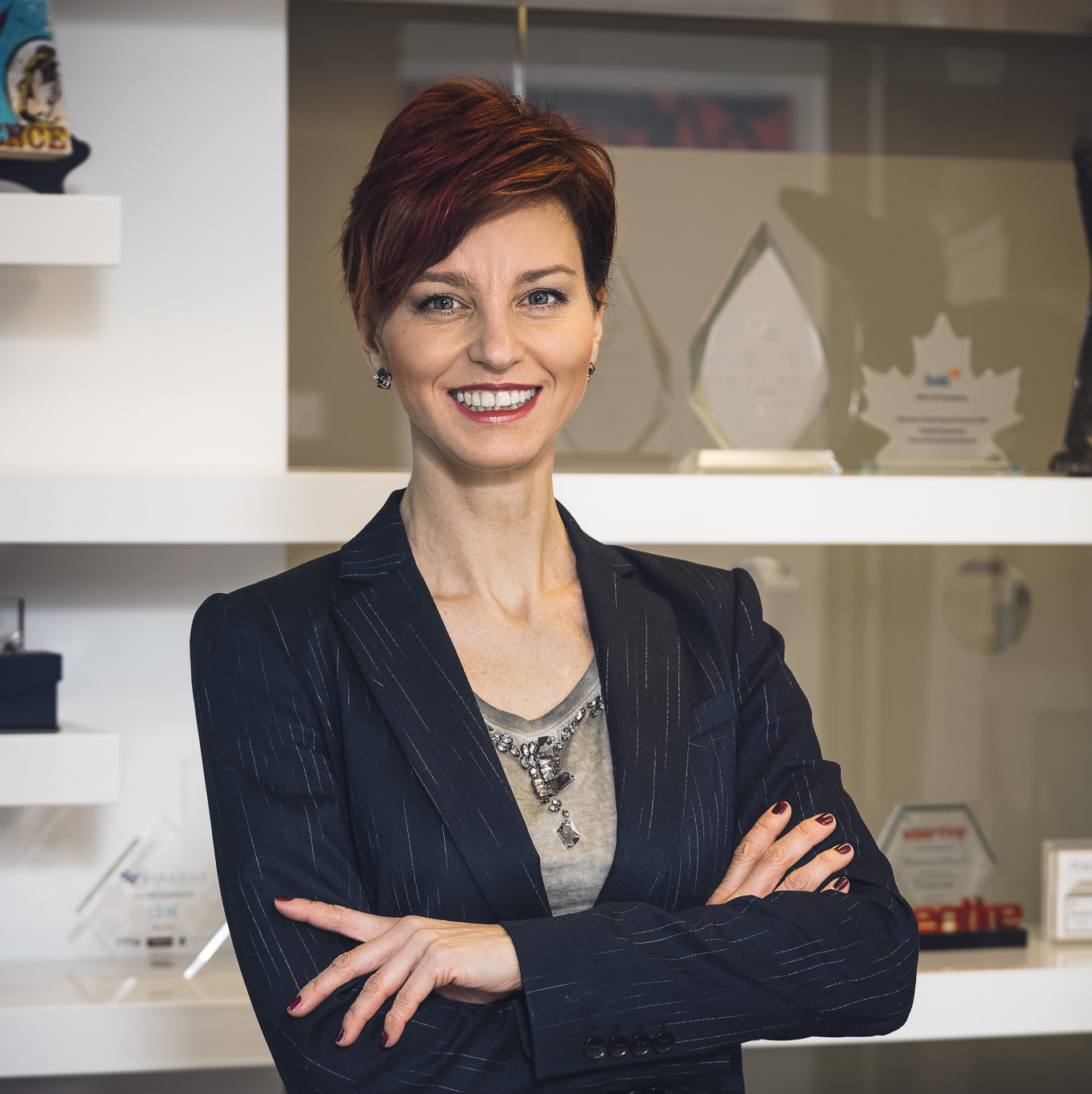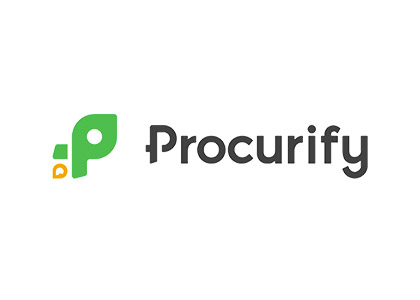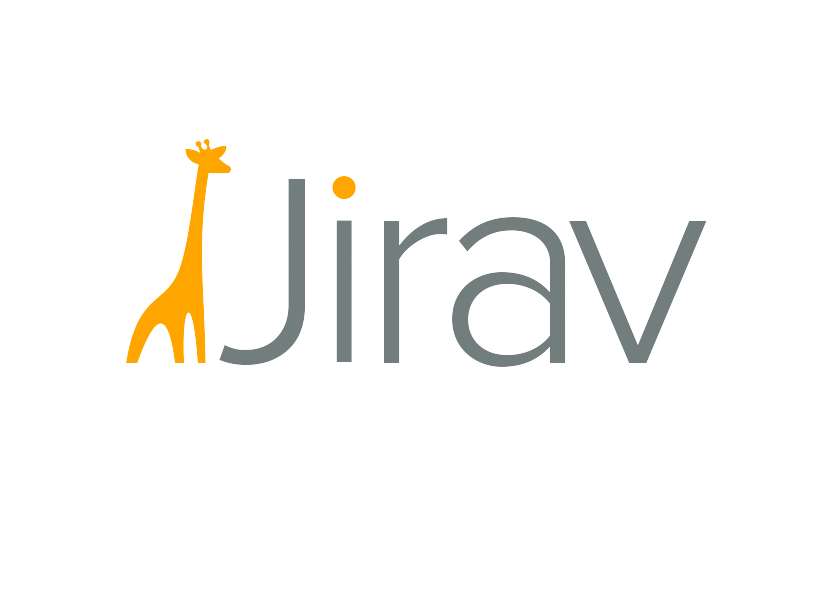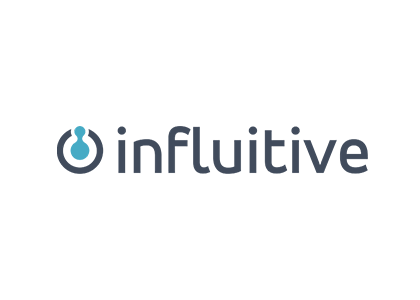Finding a Creative Way to get to ‘Yes’: A Day in the Life of a CFO in VC
In the VC world, misconceptions surrounding the chief financial officer role abound. More than a ceremonial accountant elevated to the lofty heights of the C-suite, the CFO is responsible for some of the most complex, granular and strategic decision-making functions of venture organizations.
 Information Venture Partners CFO Kerri Golden and Director of Finance Sara Defina recently sat down to discuss common misunderstandings about the role and clarify what it means to lead day-to-day financial operations for VCs in 2020. Below is a recap of their recent discussion:
Information Venture Partners CFO Kerri Golden and Director of Finance Sara Defina recently sat down to discuss common misunderstandings about the role and clarify what it means to lead day-to-day financial operations for VCs in 2020. Below is a recap of their recent discussion:
Golden notes that the demands of the job can vary widely from firm to firm. “A partner can be performing the role off the side of their desk along with managing certain investing/portfolio management activities, and smaller firms often maintain that model and consider outsourcing certain back office functions to scale capacity,” said Golden.
In other, particularly, larger firms the role can be more akin to a CFO role in a corporation, where the CFO focuses on the back office supporting the rest of the firm and building their own in-house team with finance, accounting and tax expertise. Finally, some CFOs are professional fundraisers – spending the majority of their time working to raise money from LPs and managing those investor relationships. To date, the CFO role at Information Venture Partners has been a hybrid one, where similar to life on the VC investment team, no two days are ever alike.
Golden noted that, depending on the day, “I can be focused on managing an activity in the portfolio or raising funds.” Other days, “I might act as the voice of our limited partners in conversations where we are evaluating prospective investment targets,” she says.
“We have an investment thesis that our LPs buy into during their due diligence process. It’s my responsibility to help the investment team determine whether opportunities fit the mandate that our investors have entrusted us with, along with whether they can deliver the expected level of financial returns,” says Golden. Furthermore, she says that the most difficult part of being a CFO can be the “constant balancing act between long-term, strategic objectives and short-term tactical operations.”
The CFO is often the “most strategic person” with respect to the venture firm itself thinking about longer term initiatives, planning for the raise of future funds and the addition of required talent to grow the firm. At the same time, Golden finds herself responsible for managing very detail-oriented work with tight deadlines, particularly working to resolve issues with respect to a pending financing or exit transaction.
Overall, Golden says that 20 percent of her time is focused on existing portfolio companies and evaluating new deals. Another 20 percent is focused on supporting fundraising activities. Fifty percent is allocated towards “pure Information VP” finance and operations, including LP relations while the remaining 10 percent of her time is spent on community activities like helping ensure more venture funding and mentoring is available to female founders through her work with StandUp Ventures, serving on the VC industry diversity and inclusion committee or acting as a subject matter expert for the government for a fund to back entrepreneurs looking to innovate to solve persistent and complex social challenges.
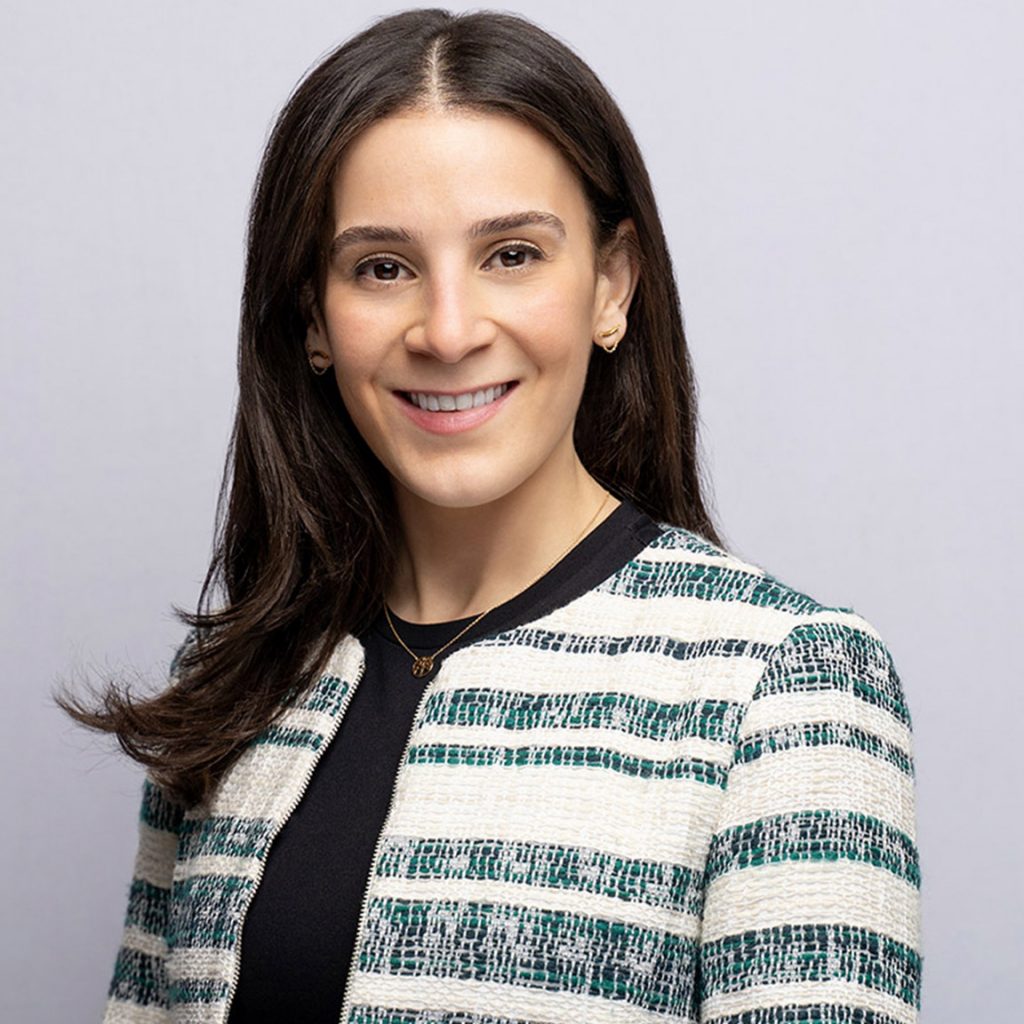 Meanwhile, Defina dismissed the “biggest misconception” about the role. Often times, people think the CFO’s daily grind entails a never-ending slog of accounting. In reality, “this role is managing multiple facets of corporate and fund finance and operations, providing support to the investment team on technical tax and legal matters, and being a resource to Finance Leads in our portfolio companies,” clarified Defina.
Meanwhile, Defina dismissed the “biggest misconception” about the role. Often times, people think the CFO’s daily grind entails a never-ending slog of accounting. In reality, “this role is managing multiple facets of corporate and fund finance and operations, providing support to the investment team on technical tax and legal matters, and being a resource to Finance Leads in our portfolio companies,” clarified Defina.
“On any given day, I’m busy working on LP reporting which includes valuing our portfolio companies, a fundraising related analysis/request, or resolving tax matters that might come up every now and then,” Defina says.
Golden highlighted another common misconception – the prevailing notion that the CFO is the VC ‘gloomsayer,’ who “says no to everything.” The truth, according to Golden, is that “good strategic CFOs are the ones that learn enough about the opportunity and the boundaries that we need to operate within and can engineer creative ways to get to YES.”
“Instead of being ‘Dr. No,’ you can influence positive returns for the firm,” Golden says.
As for the impact of the COVID-19 pandemic on her role and Information VP, in general, Golden notes that “they are lucky to be SaaS investors and be fully positioned in the cloud.”
Therefore, the “shift to remote work was easier for both our firm and our portfolio company teams,” she says. Still, Golden cautions that she, her team, investors, and Information VP’s portfolio companies are still “figuring out better ways to connect with one another so the business doesn’t lose the human touch.”
“Communicating with LPs is important,” Golden emphasizes. “They definitely want to know what’s going on with our portfolio companies during this period of uncertainty.”
Looking out into a post-COVID world, Golden doesn’t anticipate any significant changes to her role. “The physical work environment may have changed for some of our team members, but the responsibilities and strategic demands of my role as CFO remain unchanged.”
